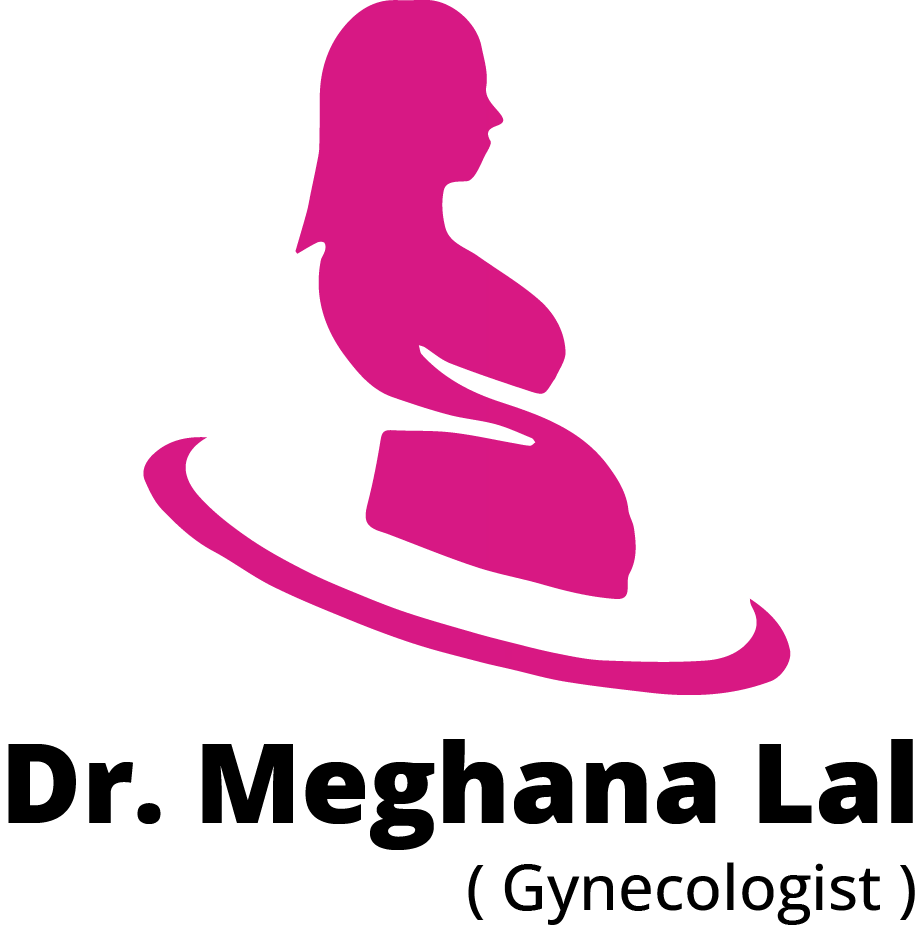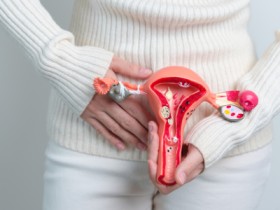Endometriosis is a chronic and often painful condition that affects millions of women worldwide. Despite its prevalence, it remains one of the most misunderstood and underdiagnosed gynecological conditions. Dr. Meghana Lal, a leading obstetrician and gynecologist in Vasant Kunj, New Delhi, has extensive experience in diagnosing and managing endometriosis, helping women navigate the challenges associated with this complex condition.
What is Endometriosis?
Endometriosis occurs when tissue similar to the lining of the uterus (endometrium) starts to grow outside the uterus, often on the ovaries, fallopian tubes and other pelvic organs. This misplaced tissue behaves like normal endometrial tissue—it thickens, breaks down and bleeds with each menstrual cycle. However, because it has no way to exit the body, it becomes trapped, leading to inflammation, pain and the formation of scar tissue (adhesions).
The severity of symptoms can vary widely among women, but common signs of endometriosis include:
- Pelvic Pain: Often associated with menstruation, but it can also occur before and after periods, during intercourse or with bowel movements and urination.
- Heavy Menstrual Bleeding: Some women with endometriosis experience menorrhagia or unusually heavy periods.
- Infertility: Endometriosis is one of the leading causes of infertility in women.
- Fatigue: Chronic pain and heavy bleeding can lead to significant fatigue.
- Digestive Issues: Endometriosis can cause bloating, diarrhea, constipation and nausea, especially during periods.
Challenges in Diagnosing Endometriosis
One of the major challenges in managing endometriosis is its diagnosis. Many women suffer from the condition for years before receiving a proper diagnosis, as the symptoms can be mistaken for other conditions such as irritable bowel syndrome (IBS) or pelvic inflammatory disease (PID). Additionally, the severity of pain does not always correlate with the extent of the disease, making it difficult to diagnose based on symptoms alone.
Dr. Meghana Lal explains that a definitive diagnosis of endometriosis often requires a combination of clinical evaluation, imaging tests and sometimes laparoscopy, a minimally invasive surgical procedure. "Laparoscopy allows us to visually inspect the pelvic organs and take biopsies if necessary. It's considered the gold standard for diagnosing endometriosis," she says.
The Impact of Endometriosis on Women's Health
Endometriosis can have a profound impact on a woman's quality of life, affecting not only her physical health but also her emotional and social well-being. The chronic pain associated with the condition can lead to missed work or school, reduced physical activity and social isolation. The impact on fertility can also be emotionally distressing for women who are trying to conceive.
Moreover, endometriosis is associated with an increased risk of other health conditions, including:
- Ovarian Cysts: Endometriosis can lead to the formation of ovarian cysts, known as endometriomas, which can cause pain and affect ovarian function.
- Adhesions: The formation of scar tissue can cause organs to stick together, leading to pain and complications such as bowel obstruction.
- Increased Risk of Certain Cancers: While the overall risk is low, some studies suggest that women with endometriosis may have a slightly increased risk of ovarian cancer.
Given the potential complications, Dr. Meghana Lal emphasizes the importance of early diagnosis and treatment. "Endometriosis is a chronic condition, but with the right management, we can alleviate symptoms and improve a woman's quality of life," she explains.
Treatment Options for Endometriosis
The treatment of endometriosis is tailored to the individual's symptoms, age and desire for pregnancy. The main goals of treatment are to relieve pain, reduce the extent of the disease and address any fertility issues.
- Medications: Pain relief is often the first line of treatment, using nonsteroidal anti-inflammatory drugs (NSAIDs). Hormonal therapies, such as oral contraceptives, progestins and gonadotropin-releasing hormone (GnRH) agonists are also commonly used to suppress menstruation and slow the growth of endometrial tissue.
- Surgical Treatment: For women with severe symptoms or those who do not respond to medical treatment, surgery may be recommended. Laparoscopic surgery can remove or destroy endometrial implants, cysts and adhesions. In more severe cases, a hysterectomy (removal of the uterus) may be considered, although this is usually reserved for women who have completed their families and have not responded to other treatments.
- Fertility Treatment: For women struggling with infertility due to endometriosis, fertility treatments such as in vitro fertilization (IVF) may be an option. Dr. Meghana Lal works closely with fertility specialists to provide comprehensive care for women with endometriosis-related infertility.
Living with Endometriosis: Support and Empowerment
Living with endometriosis can be challenging, but with the right treatment and support, many women can manage their symptoms and lead fulfilling lives. Dr. Meghana Lal encourages women to seek medical advice if they experience symptoms of endometriosis and to be proactive in managing their health.
"Education and awareness are key. By understanding endometriosis and taking charge of their health, women can manage their symptoms effectively and reduce the impact of the condition on their lives," Dr. Lal emphasizes. She also highlights the importance of a supportive healthcare environment where women can feel comfortable discussing their concerns and receiving the care they need.
At Matritva Women's Clinic, Dr. Meghana Lal provides a compassionate and holistic approach to the management of endometriosis, focusing on both the physical and emotional aspects of the condition. With her expertise and dedication, she continues to help women with endometriosis achieve better health and a higher quality of life.
Conclusion
Endometriosis is a complex and often misunderstood condition that requires specialized care and attention. Under the expert guidance of Dr. Meghana Lal, women with endometriosis can receive comprehensive, personalized care that addresses their unique needs. From diagnosis and treatment to ongoing support, Dr. Lal is committed to helping women manage endometriosis and improve their quality of life.
At Matritva Women's Clinic, Dr. Lal and her team provide a nurturing and supportive environment where women can feel empowered to take control of their health and make informed decisions about their well-being. With a focus on holistic care, Dr. Lal continues to be a trusted partner in the journey to better health for women with endometriosis.

